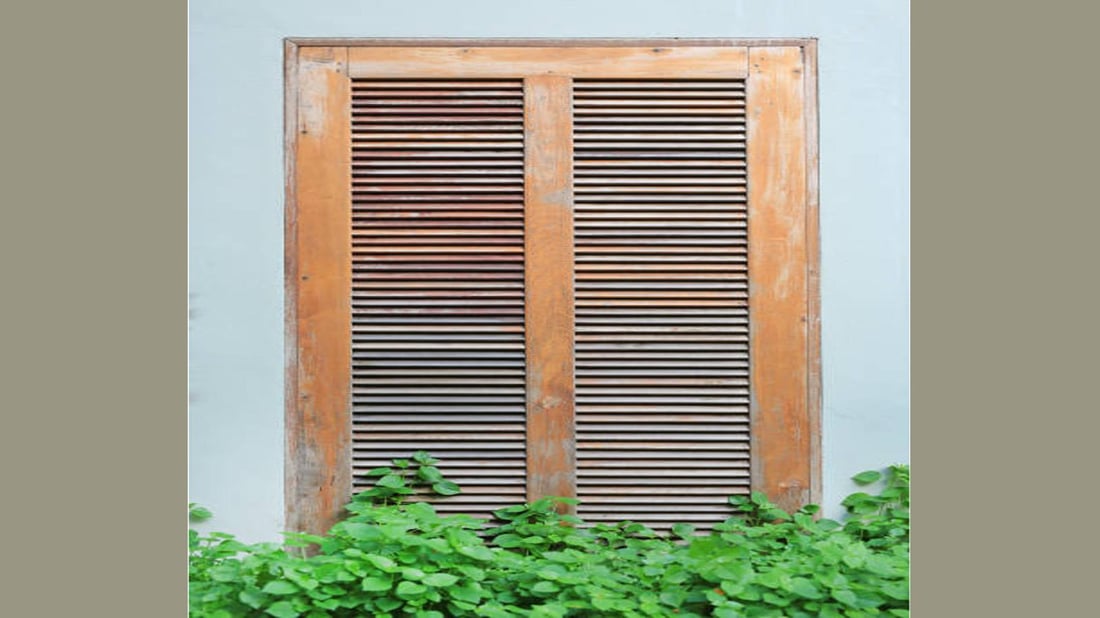PVC vs Timber Shutters: An In-Depth Comparison
PVC vs Timber Shutters: Which is the Better Choice for Your Home?
When it comes to choosing shutters for your home, there are many factors to consider. One of the most important decisions you'll need to make is whether to go with PVC or timber shutters. Both options have their own set of advantages and disadvantages, so it's crucial to understand the differences between the two. In this article, we'll provide an in-depth comparison of PVC and timber shutters to help you make an informed decision for your home.
1. Durability and Longevity
PVC shutters are known for their durability and longevity. Made from a type of plastic, PVC shutters are resistant to moisture, termites, and other pests. They won't warp, crack, or fade over time, making them an excellent choice for areas with high humidity or extreme weather conditions. On the other hand, timber shutters are also durable but require more maintenance to ensure their longevity. Regular painting, sealing, and refinishing are necessary to keep timber shutters in good condition.
2. Aesthetics
When it comes to aesthetics, timber shutters have a natural and timeless appeal. The grain patterns and textures of timber create a warm and inviting atmosphere in any room. Timber shutters can be stained or painted in various colors to match your interior design. On the other hand, PVC shutters have a sleek and modern look. They are available in a wide range of colors and finishes, allowing you to achieve a contemporary or minimalist style.
3. Insulation
If you're looking for shutters that provide excellent insulation, both PVC and timber shutters can meet your needs. PVC shutters have insulating properties that help regulate indoor temperature, keeping your home cooler in the summer and warmer in the winter. Timber shutters, especially those made from hardwood, also provide insulation and can help reduce energy costs. The choice between PVC and timber shutters in terms of insulation depends on your specific requirements and climate.
4. Maintenance
When it comes to maintenance, PVC shutters are the clear winner. They require minimal upkeep and are incredibly easy to clean. A simple wipe with a damp cloth is usually sufficient to remove dust and dirt. Timber shutters, on the other hand, require regular cleaning, painting, and resealing to maintain their appearance and protect them from the elements.
5. Cost
Cost is an essential consideration for many homeowners. PVC shutters are generally more affordable than timber shutters. The lower cost of materials and easier installation process contribute to their lower price point. Timber shutters, on the other hand, tend to be more expensive due to the higher cost of sourcing and processing natural wood. However, it's important to remember that the durability and longevity of timber shutters may offset their initial higher cost in the long run.
6. Environmental Impact
If you're concerned about the environmental impact of your choice, both PVC and timber shutters have their pros and cons. PVC shutters are made from synthetic materials and can take a long time to decompose. On the other hand, timber shutters are made from a renewable resource but require cutting down trees. However, many timber shutter manufacturers now practice sustainable forestry and offer eco-friendly options.
7. Customizability
When it comes to customizability, both PVC and timber shutters offer a wide range of options. PVC shutters can be easily customized to fit any window shape or size. They are available in various slat sizes, styles, and colors. Timber shutters, on the other hand, offer more flexibility in terms of design. They can be crafted with intricate details and unique shapes, allowing you to achieve a personalized look for your home.
8. Noise Reduction
Both PVC and timber shutters can help reduce external noise and create a quieter indoor environment. The solid construction of shutters provides a barrier against outside noise, making them an excellent choice for homes located in busy areas or near highways. However, it's important to note that thicker timber shutters may offer slightly better noise reduction compared to PVC shutters.
9. Fire Resistance
When it comes to fire resistance, PVC shutters have the advantage. PVC is a self-extinguishing material, meaning it does not support combustion. This makes PVC shutters a safer choice in terms of fire protection. Timber shutters, especially those made from hardwood, are also relatively fire-resistant but may require additional treatments to improve their fire resistance.
10. Moisture Resistance
In areas with high humidity, moisture resistance is a crucial factor to consider. PVC shutters are highly resistant to moisture and humidity, making them an ideal choice for bathrooms, kitchens, and other high-moisture areas. Timber shutters, although durable, can be affected by moisture over time. Proper sealing and maintenance are necessary to minimize the risk of warping or rotting.

